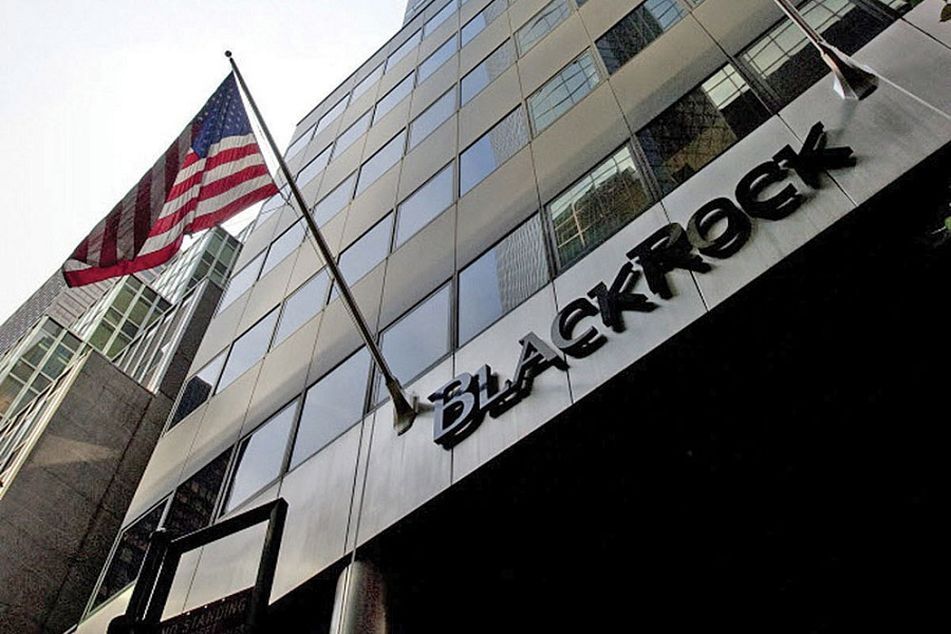BlackRock to pay $12 million to settle SEC conflict of interest claims

Regulator alleges former portfolio manager put client money in a BlackRock fund that invested in a company he founded.
The SEC charged BlackRock subsidiary BlackRock Advisors on Monday with failing to disclose a conflict of interest created by the outside business activity of one of the firm’s former portfolio managers.
According to the SEC’s order, BlackRock agreed to be censured, settle the charges and pay a $12 million penalty. The firm also agreed to hire an independent compliance consultant to conduct an internal review.
The SEC said Daniel J. Rice III was managing energy-focused funds and separately managed accounts at BlackRock when he founded Rice Energy, a family-owned and operated oil and natural gas company. Mr. Rice was the general partner of Rice Energy and personally invested approximately $50 million in the company.
(More: BlackRock shrinks money market lineup, affecting $200B in assets)
Rice Energy later formed a joint venture with a publicly traded coal company that eventually became the largest holding — almost 10% — in the $1.7 billion BlackRock Energy & Resources Portfolio, the largest fund Mr. Rice managed.
The SEC’s order finds that BlackRock knew and approved of Mr. Rice’s investment and involvement with Rice Energy as well as the joint venture, but failed to disclose this conflict of interest to both the boards of the BlackRock registered funds and its advisory clients.
“BlackRock violated its fiduciary obligation to eliminate the conflict of interest created by Rice’s outside business activity or otherwise disclose it to BlackRock’s fund boards and advisory clients,” said Andrew J. Ceresney, director of the SEC’s Division of Enforcement, in a news release. “By failing to make such a disclosure, BlackRock deprived its clients of their right to exercise their independent judgment to determine whether the conflict might impact portfolio management decisions.”
(More: Top 10 diversified U.S. equity funds)
The SEC’s order also finds that BlackRock and Bartholomew A. Battista, its then-chief compliance officer, failed to report Mr. Rice’s violations to its board of directors. BlackRock additionally failed to adopt and implement policies and procedures for outside activities of employees, the SEC order states, a failure it concludes Mr. Battista caused.
The SEC claims BlackRock additionally failed to adopt and implement policies and procedures for outside activities of employees.
BlackRock and Mr. Battista neither admitted nor denied the findings as part of its settlement with the SEC.
Mr. Battista agreed to pay a $60,000 penalty to settle the charges against him.
“BlackRock’s agreement with the SEC relates to a past matter regarding the personal business interests of a former BlackRock employee who retired from the firm in 2012. BlackRock is pleased that this matter is resolved,” spokesman Brian Beades said in an e-mailed statement.
The statement added that the firm has “taken a number of additional steps to further enhance our policies and procedures regarding, among other things, our employees outside business activities.”
James Comtois is a reporter at sister publication Pensions & Investments.
Learn more about reprints and licensing for this article.





